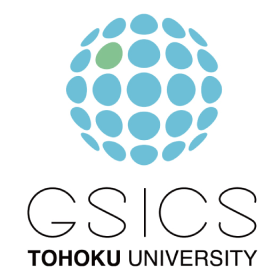International cultural explorerswho create the future


Mission Statement of the Graduate School of International Cultural Studies
While the world of the 21st century has become increasingly globalized and borderless, in order for Japan to build a high quality network of exchange and cooperation with its international neighbors, it is of the utmost importance to train researchers and professionals who possess not only highly specialized knowledge in their fields but also a deep appreciation of the problems and implications associated with international exchange.
Research on individual world cultures is but the initial stage of intellectual development for those studying at GSICS. At our graduate school, we aim to establish a new academic discipline of international cultural studies that is capable of interacting with an ever-changing environment of cultural exchange. We seek to do so with precision and open-mindedness, by adopting a theoretical framework that is scientifically sound, yet, at the same time, capable of dealing with the wide range of practical issues encountered in everyday life through the spread of international culture. Behind our effort is the hope that by training well rounded individuals with an international mindset, we can work together to tackle environmental and resource-related issues, moving toward sustainable world peace which ensures the coexistence of diverse social groups and a mutual understanding between different cultures. As the world as a whole moves forward deeper into the 21st century, the heart of our endeavor lies in the amicable resolution of tensions between regional and local cultures as well as peoples of diverse linguistic, social and religious backgrounds.
The three research fields that make up of the Graduate School of International Cultural Studies
Students and researchers at the Graduate School of International Cultural Studies research the following three topics.
- The diversity of regional cultures in Japan and around the world from an international perspective.
- Global issues related to the environment and resources, and a sustainable society in which human beings can coexist.
- Languages that support the foundations of the international community.
Research Area
-

Division of Regional Cultural Studies
- Fostering a deep understanding of different cultures- Department of European and American Studies
- Department of Asian and African Studies
- Department of Contemporary Japanese Media and Gender Studies
- Department of Japanese Religion and Intellectual History
-
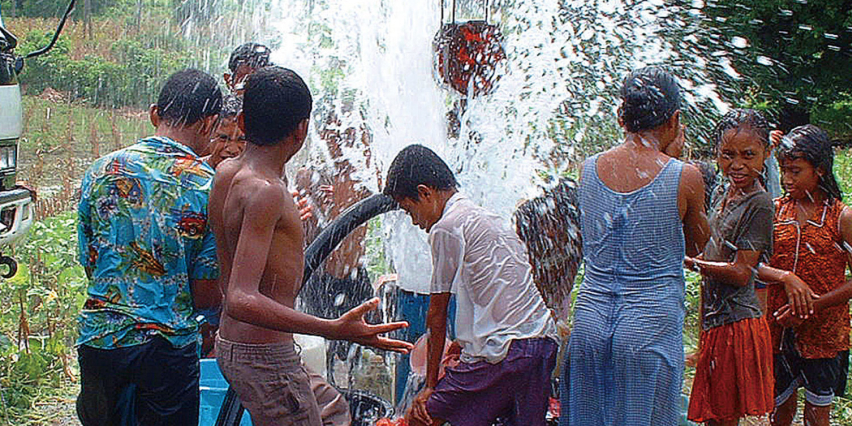
Division of Global Societal Studies
- Fostering the ability to solve global problems -
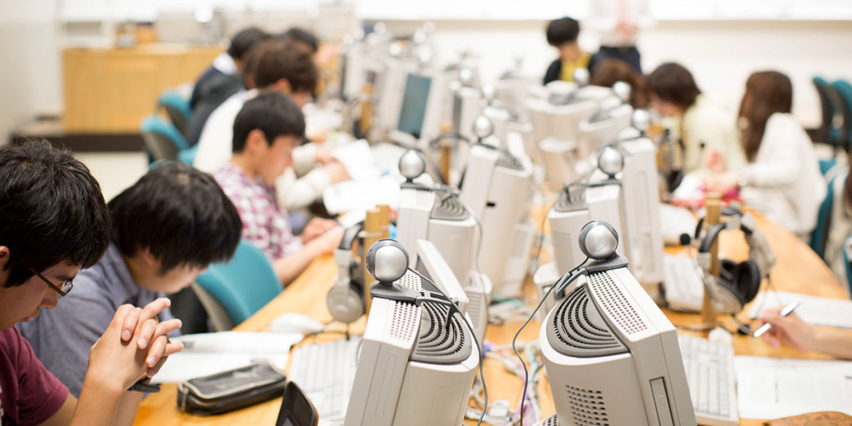
Division of Language Studies
- Fostering Communication Skills
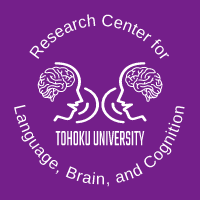
Research Center for Language, Brain and Cognition (Affiliated Facilities)
Researchers in linguistics, psychology, and medicine from the Graduate School of Information Sciences, Graduate School of Medicine, and Graduate School of Arts and Letters, centered on linguistics researchers from the Graduate School of International Cultural Studies at Tohoku University, collaborate to explore "language in the brain".
By bringing together researchers from both the humanities and the sciences, the center aims to tackle the field of language sciences from a novel cross-disciplinary approach.
Curriculum of the Graduate School of International Cultural Studies
general course
The Tohoku University Graduate School of International Cultural aims to cultivate
- (1) a deep understanding of different cultures,
- (2) the ability to solve global problems,
- (3) communication skills,
and by fostering these abilities, to provide students with advanced specialized knowledge, a clear awareness of issues, international and interdisciplinary thinking and analysis skills that support these skills, and advanced foreign language skills. Our educational goal is to nurture globally active professionals, teachers, and researchers with a rich cultural background and an international outlook, and with a high ideal of contributing to the inheritance and development of human civilization and culture.
- The two-year Master's program
- The three-year doctoral program
-
- Recent publications and research topics
-
- A Study on Zhou-Zuoren's Views of Women
- Research on a New Sustainability Education for Human Resource Development for Regional Revitalization: Focusing on Comparative Analysis of SDGs Education between Japan and South Korea
English Language Program
- Graduate Program in Global Governance & Sustainable Development
-
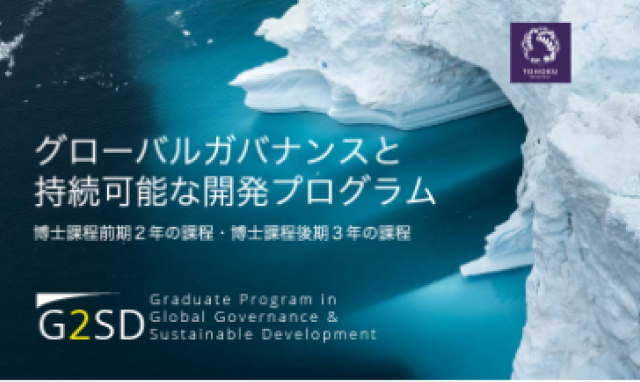
G2SD is an interdisciplinary program of GSICS, whose primary aim is to enhance one’s ability to advance global governance and sustainable development through a combination of critical reviews of theories and problem-oriented empirical studies.
- International Graduate Program in Language Sciences
-

The International Graduate Program in Language Sciences (IGPLS) is an all-English graduate degree program offered by the Tohoku University Graduate School of International Cultural Studies (GSICS). Our degree program consists of a 2-year Master’s program and a 3-year doctoral program in language sciences with courses covering a large range of fields including general linguistics, historical linguistics, cognitive linguistics, applied linguistics, language acquisition, psycholinguistics and neurolinguistics.
degree program
-
-
 International Graduate Program in Japanese Studies
International Graduate Program in Japanese Studies
- Our Japanese Studies program at Tohoku University has been formed through active engagement with similar programs in Japan and around the world. At the same time, our multidisciplinary approach to the field features distinctive elements that set it apart from other such programs.
-
-
-
 International Joint Graduate Program in Resilience and Safety Studies
International Joint Graduate Program in Resilience and Safety Studies
- The International Joint Graduate Program in Resilience and Safety Studies (GP-RSS) is taught by leading experts in the fields of disaster sciences and human security. We invite world-renowned faculty from our affiliated partners worldwide and through active student and faculty exchanges, we hope to provide our graduate students with a research platform for integrated academic studies, international diversity, hands-on education in the field and academic collaboration.
-

